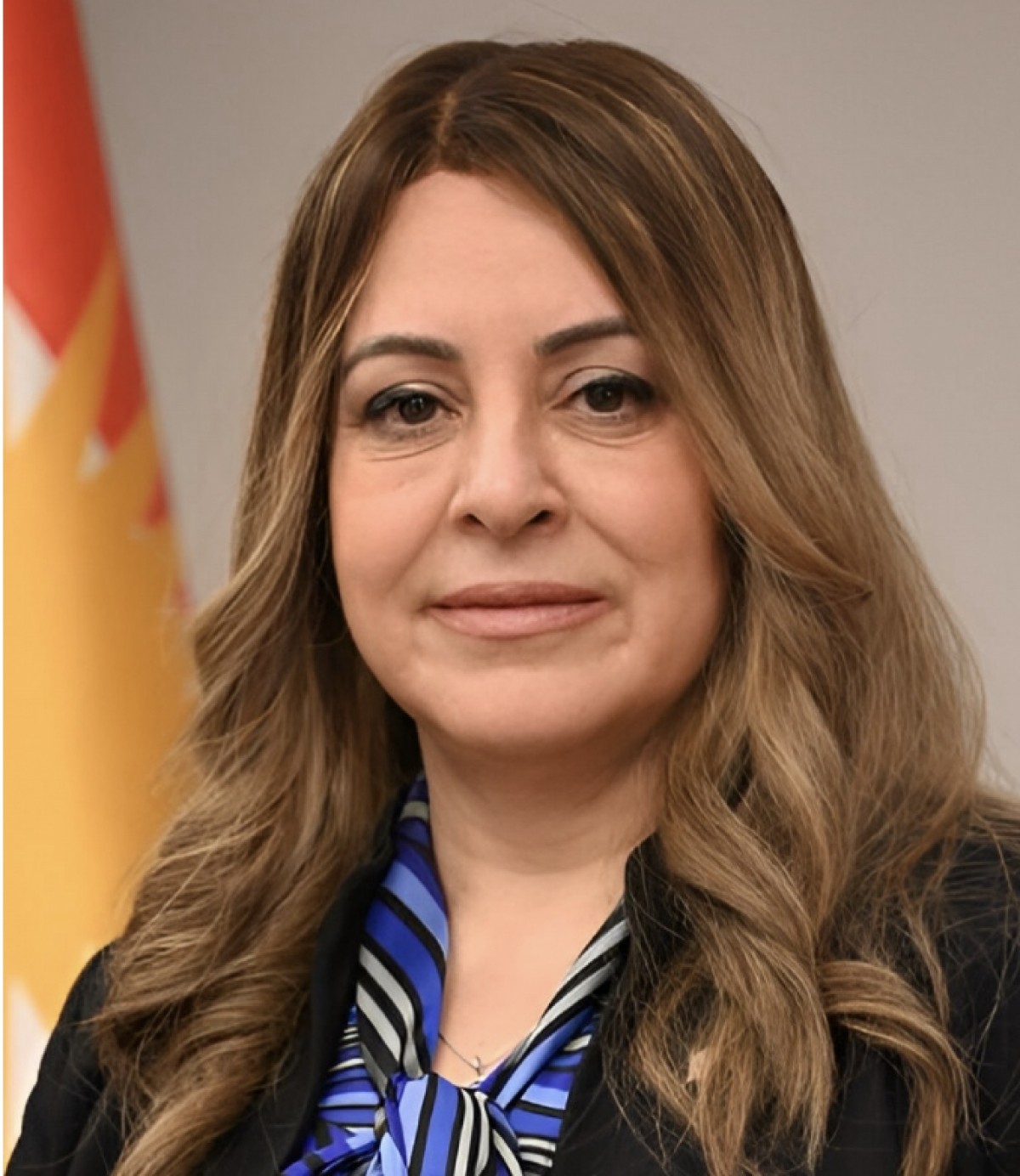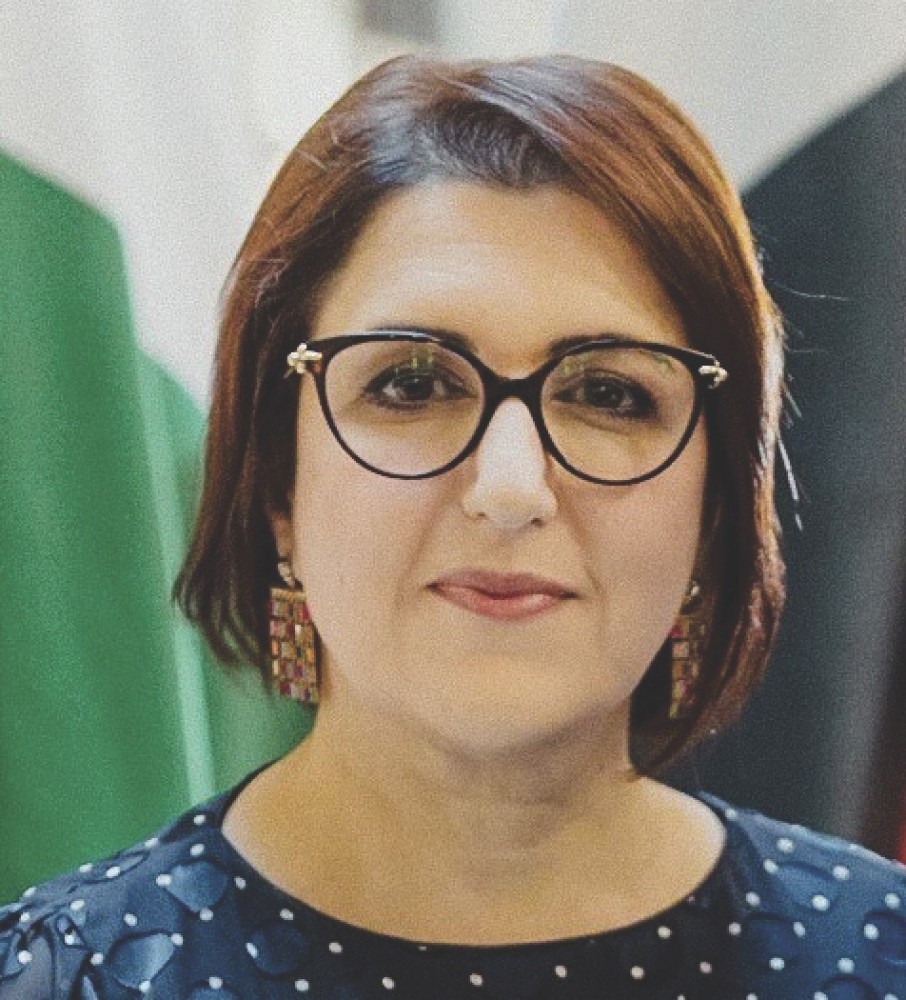Throughout the history of the Kurdish liberation movement, spanning various stages of struggle and defense, our unwavering commitment has been to secure the legitimate rights of the Kurdish people. Whether in armed conflict or negotiations, we have never compromised. President of the Kurdistan Region of Iraq (KRI) from 2005 to 2017 and the leader of the Kurdistan Democratic Party (KDP) Masoud Barzani, a pivotal figure in the Kurdistan liberation movement, consistently stressed the importance of upholding the rights of the Kurdish people and safeguarding their dignity. In alignment with this vision, the KDP remains dedicated to protecting Kurdish territory and the rights of the Kurdish people across political, economic, and cultural domains. Our endeavors have encompassed political, civil, and armed struggles, with the Autonomy Agreement of March 11, 1970, serving as compelling evidence of our commitment.
Since 2003, the political landscape of the liberation movement has undergone a profound transformation. With the complete dismantling of the Ba’ath regime, the Kurdish struggle shifted from armed conflict to political and legal battles – a significant transition. This transformation carried unique sensitivities, especially as the region developed its institutional identity. Upon liberation, Iraq faced internal divisions and religious conflicts that necessitated cautious engagement. The Kurdish forces, despite their firm belief in the right to self-determination and independence, adopted a pragmatic approach, participating in the establishment of a new federal Iraq. Kurdish unity and discourse proved instrumental in successfully navigating this new and delicate phase.
Our people have skillfully pursued their political and legal battles, securing their rights in the constitution. However, twenty years later, successive Iraqi administrations have interfered in the internal affairs of our region. The achievements, which resulted from the united efforts of Kurdish leaders and forces, are now in jeopardy. Some elements within the federal government are actively working to sideline the Kurdistan Region and hinder its progress. It's worth noting that there have been 55 articles in the constitution pertaining to the Kurdistan Region, yet its rights have been disregarded. It is crucial to acknowledge that the foundation of federal Iraq is based on voluntary unification, a principle firmly embedded in the current Iraqi Constitution.
There is a grave plan afoot to dismantle the articles related to federal principles, jeopardizing the very existence of Iraq’s federal system. While budgetary matters and salaries are important, it is imperative to remember that the Kurds have numerous other issues and constitutional rights that require resolute defense.
The Kurdish quest for justice: decoding Article 140
Kurdish areas outside of the KRI, including Sinjar, Badra and Jasan, endured tremendous hardships during the Ba’ath regime’s Arabization process and the infamous Anfal campaign in Kurdistan. Despite these adversities, the Kurds opted for a constitutional, legal, and democratic approach to determine the fate of these areas. Article 140 obliges the Iraqi government to normalize the situation in Kirkuk and other non-Kurdish areas, restore displaced populations to their original homes, conduct accurate censuses, and define administrative boundaries that hark back to the Baathist era.
A referendum on the fate of Kurds in these areas should be conducted. Regrettably, rather than normalizing the situation, the Iraqi government has attacked Kurdish villagers. Instead of facilitating the return of displaced individuals, they have established the Iraqi Counter Terrorism Service, also as the Golden Division, and once again evicted Kurdish farmers from their ancestral lands. For six years the city of Kirkuk was governed by an Arab official, against the will of its people.
Judging the federal court: unpacking its legal landscape
The Federal Court is considered the cornerstone of democratic values and upholds the foundational principles of federalism in countries with a federal structure. However, Article 92, Paragraph 2 of the constitution mandates the establishment of a Supreme Court in Iraq following the adoption of a court law, which requires a two-thirds majority in the House of Representatives.
Nevertheless, the current court was established by coalition authorities on May 17, 2005, predating the ratification of the constitution later that year. Furthermore, in 2019, Article 92 was amended, and the law was passed with a simple majority, a violation of the constitution. Presently, this court has become a platform to curtail the constitutional rights of the people of the KRI, aiding the Iraqi government in wresting away the region's rights. It is bewildering that a court established outside constitutional protocol arbitrates the constitutionality of laws and behaviors.
Empowering regions: the role of regional councils
A fundamental pillar of a federal state is the presence of a council representing regions of varying sizes, with equal representation for all regions. This arrangement ensures that smaller regions are not marginalized within the general assembly, safeguarding their interests. For example, during the formation of small states in the United States in 1787, the Philadelphia Congress envisaged their participation in a body known as the Senate.
In the constitution, the law on state administration temporarily vested this power in the Presidency Council of Iraq, presided over by a Kurd with a Shi’a and a Sunni deputy. This configuration was devised to reflect the three primary ethnic and religious communities in Iraq. Consequently, if a law was passed by a majority of Kurds, Shi’as, or Sunnis, the Council possessed the authority to veto it. This veto right was exercised numerous times. However, the constitution, as per Article 65, assigned the Council the responsibility to pass essential laws and decisions for this purpose. Nonetheless, 17 years have passed without allowing the Council to prevent the use of unjust majorities against any ethnic or religious group.
The Council also serves as a robust instrument for safeguarding the KRI, its institutions, and the rights of its people. According to Article 119 of the constitution, any province or group of provinces can form a new region with the approval of two-thirds of the provincial council or 10% of the province's voters. Initially, Article 18 of the constitution mandated that the Iraqi parliament pass a law within six months outlining the procedures for creating new regions. This law was never enacted, and after 17 years, there are still ongoing attempts to establish regions like the Sunni Regions or the Basra Regions. These efforts, however, have been consistently thwarted by the central government. Furthermore, there are constant endeavors to undermine the KRI, the sole federal region in Iraq.

Salaries, oil, and the peshmerga: navigating fiscal frontiers
A fundamental characteristic of a federal system is the equitable distribution of power and wealth among regions and the federal authority. What sets the federal system apart from autonomy is the political and economic authority that regions possess. The KRI, as an integral part of Iraq, holds rights and shares in the budget and salaries, as stipulated in paragraph 3 of Article 121 of the constitution. However, the Iraqi government violated this article in early 2009. As a result, the region's share was allocated annually in the federal budget, but the federal government withheld these rights in various sectors, including dams, electricity, water, and medicine.
Moreover, the budget for the peshmerga, an integral part of the Iraqi armed forces, was never delivered to the region. This unexplained refusal exacerbated the deficit and budgetary shortfalls in the Kurdistan Regional Government (KRG). Shockingly, the federal government violated Article 9(b) of the constitution, which prohibits the formation of militias outside the Iraqi military, by establishing the Hashd al-Shaabi (Popular Mobilization Forces) and allocating significant funds to them. To this day, the Hashd continues to receive a share of the budget. It is perplexing that the peshmerga is labeled a militia when discussing their budget, while Hashd al-Shaabi escapes the same characterization. Was it not the peshmerga who defended Iraq against ISIS before the formation of the Hashd? Did they not create a safe haven for current Iraqi leaders during those tumultuous times?
As President Barzani aptly stated, a nation that fails to rely on its own capabilities is perpetually at risk of destruction. Public support is most effective when our will is strong. The region must shift its current policies and mobilize political parties to pressure Iraq to establish federal institutions in line with the constitution. This constitution hinges on genuine intercommunity partnerships, equilibrium, and coordination. Iraq should prioritize political and social stability, protect the rights of communities, adhere to the principles of a federal government, establish regional councils, and uphold the constitution.
The KRI has consistently been a refuge for those fleeing turmoil in the region, championing democracy, freedom, and coexistence. It is the responsibility of the international community to safeguard the existence of the KRI.
Amina Zikri is a Kurdish politician, member of the Political Bureau of the Kurdistan Democratic Party (KDP), and former member of the Kurdistan Parliament.

